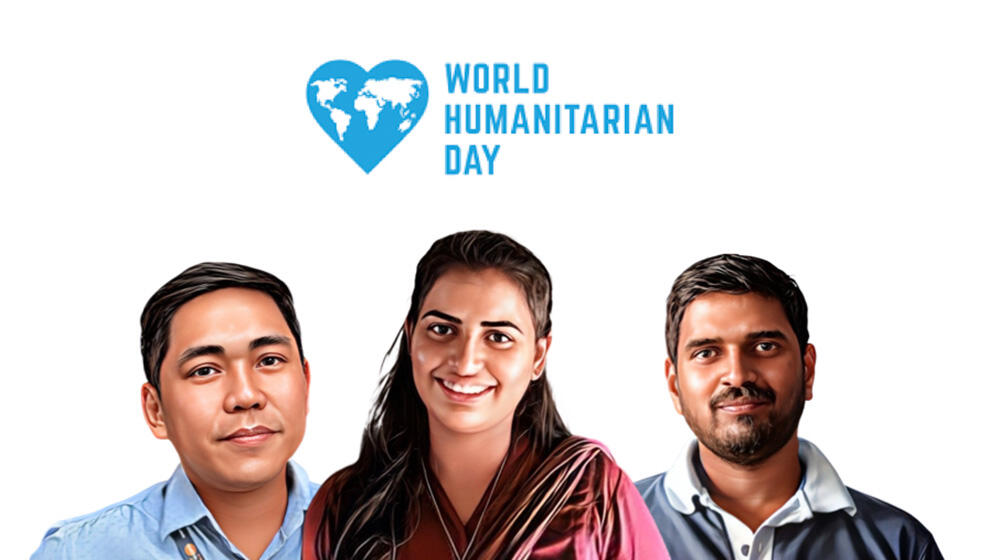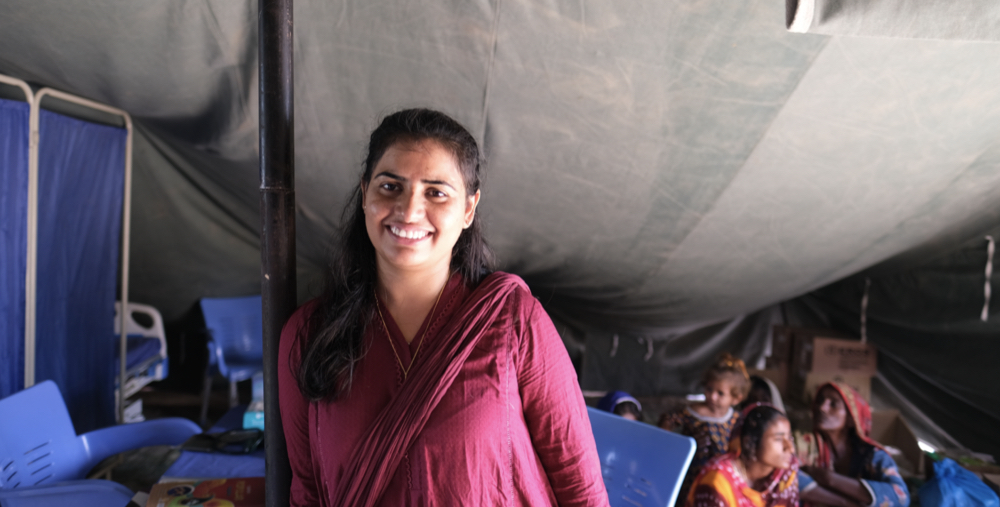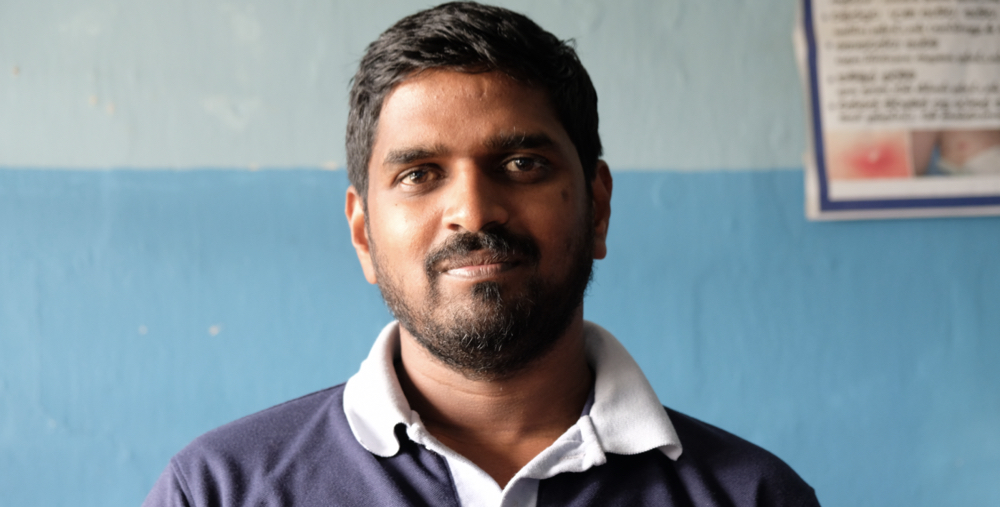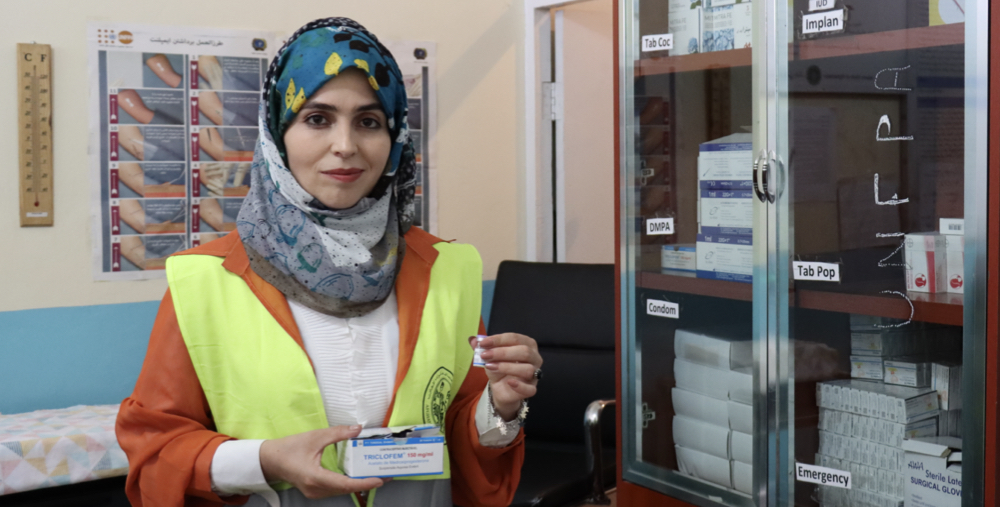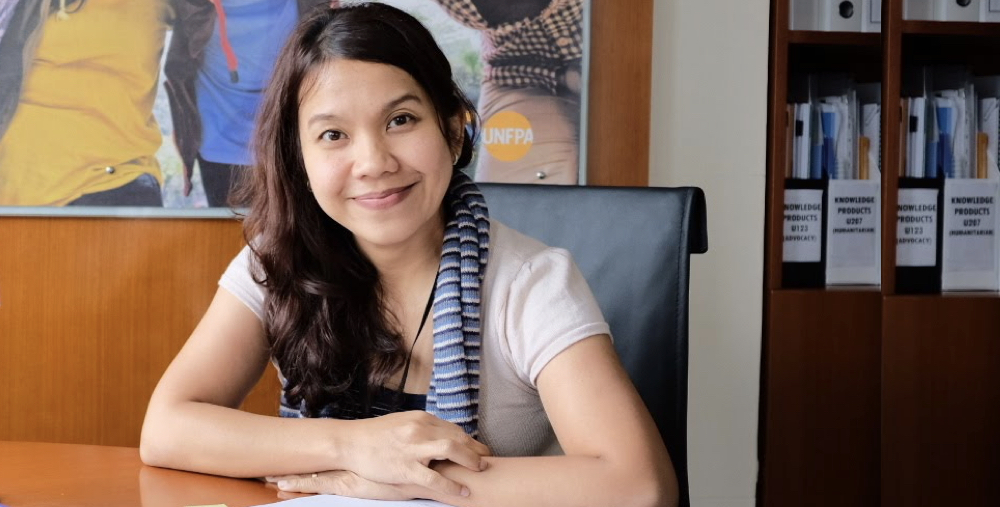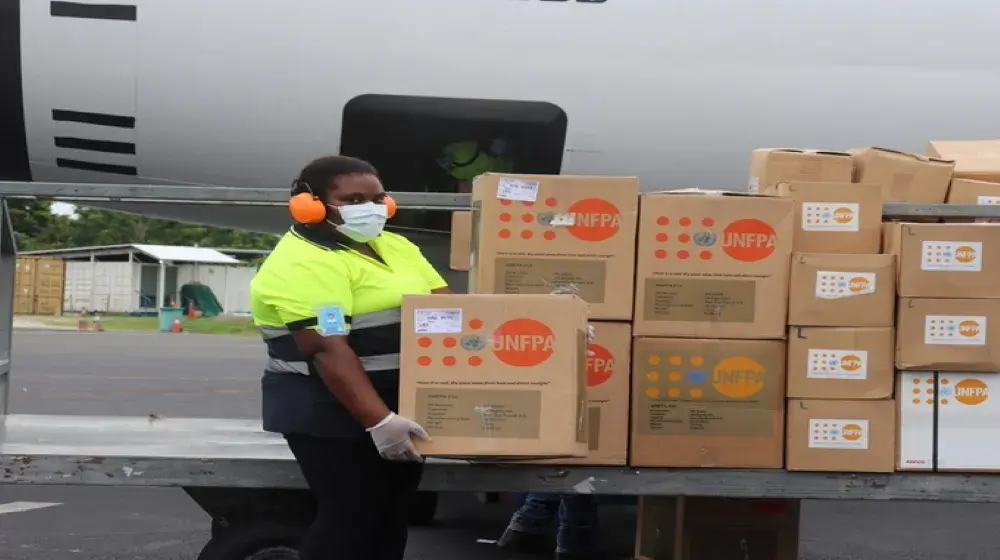Humanitarians are on the front line of conflicts, climate disasters and complex crises across Asia and the Pacific. They go into these emergencies to deliver life-saving support and safeguard everyone’s right to dignity, safety and protection. Humanitarians risk their own safety to help others because they believe in the humanity that connects us. Through their strong sense of duty, selflessness and courage, humanitarians show us what is possible when we work for a greater purpose, when we work together.
Humanitarians deserve our deepest respect and unwavering support. On World Humanitarian Day, we honour the work colleagues are doing in Afghanistan, Myanmar, Pakistan, Bangladesh, Sri Lanka, Vanuatu, the Philippines, Indonesia and all other crises across Asia and the Pacific. This collection of profiles celebrates six humanitarians working with UNFPA on the frontlines of today's emergencies.
Pakistan: Dr. Sidra Ahmed is an Obstetrician and Gynecologist in charge of maternal, newborn, and child health care activities in Thatta district in Sindh province, one of the most impacted areas from the floods that devastated Pakistan in June 2022. She leads the team at the Al-Farabi hospital and also provides life-saving sexual and reproductive health services to flood affected communities through community outreach teams, mobile medical teams, static clinics, and referral services supported by UNFPA. Sidra has faced threats of violence from feudal lords but her commitment to delivering for women and girls remains firm. ©UNFPA/Kurokawa READ MORE
“In an emergency, every pregnancy is a high-risk pregnancy.”
-Dr. Sidra Ahmed
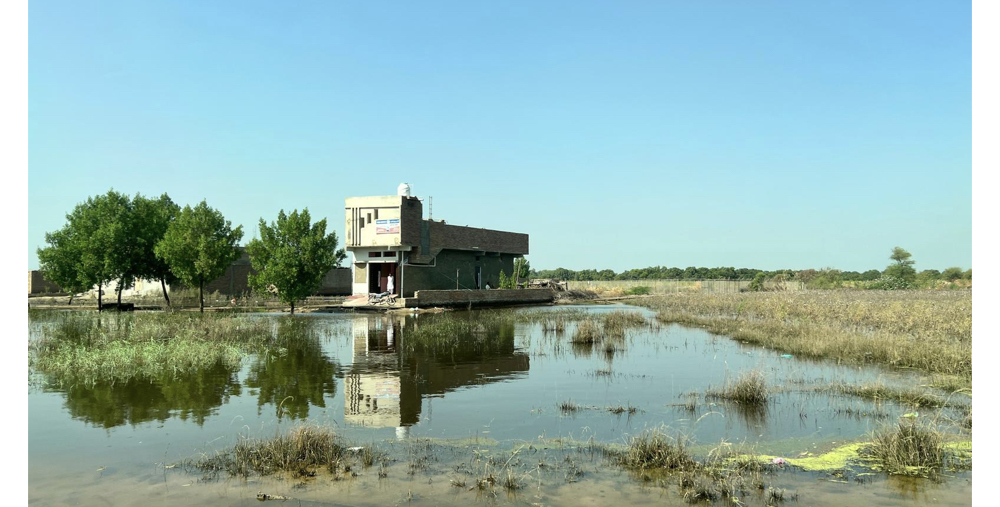 |
|
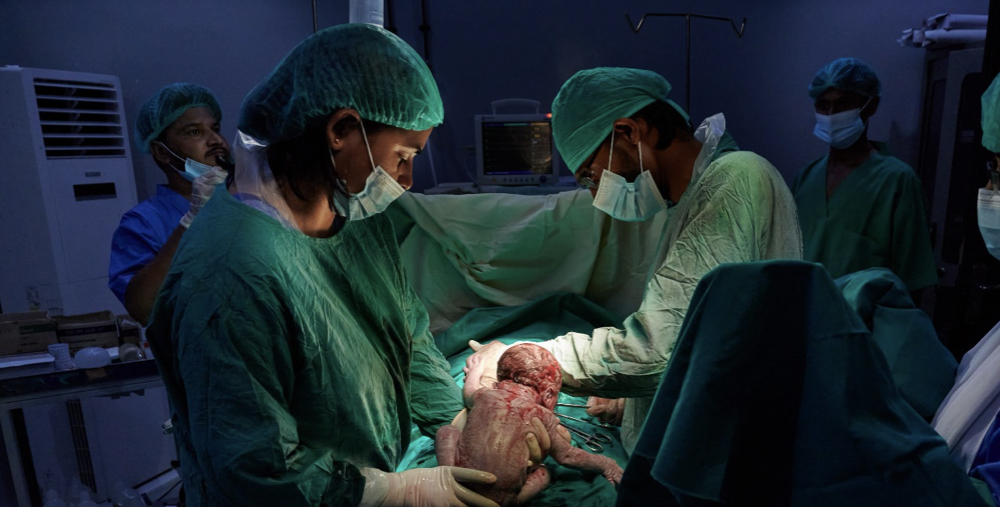 |
|
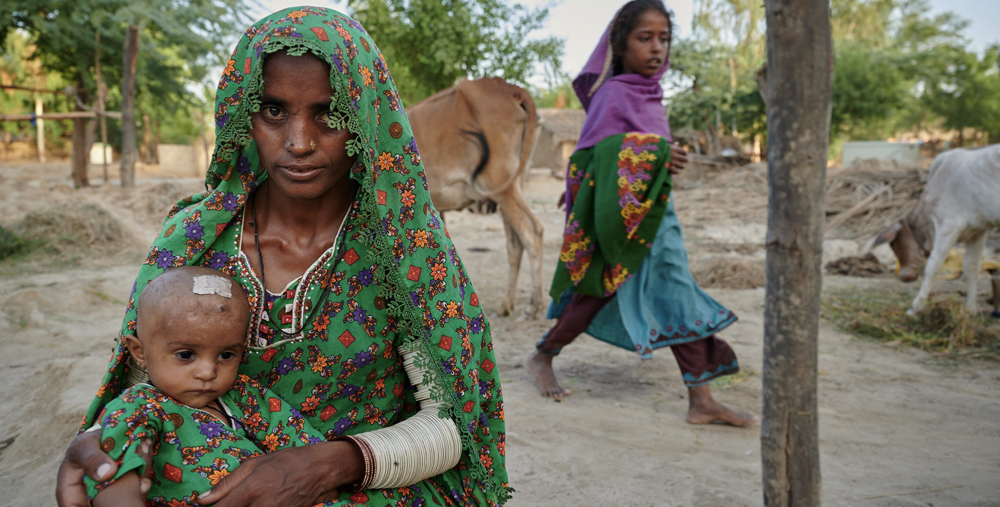 |
Sri Lanka: Siva works with the Family Planning Association of Sri Lanka to organise sessions about healthy pregnancies and sexual and reproductive health for women and girls in the high country tea plantations of Nuwara Eliya. Women and girls with little education work in tough conditions with neither food nor financial security. Siva conducts information sessions in multiple languages and makes women and girls feel comfortable so they can share their experiences with midwives and other members of the family planning team. ©UNFPA/Rose READ MORE
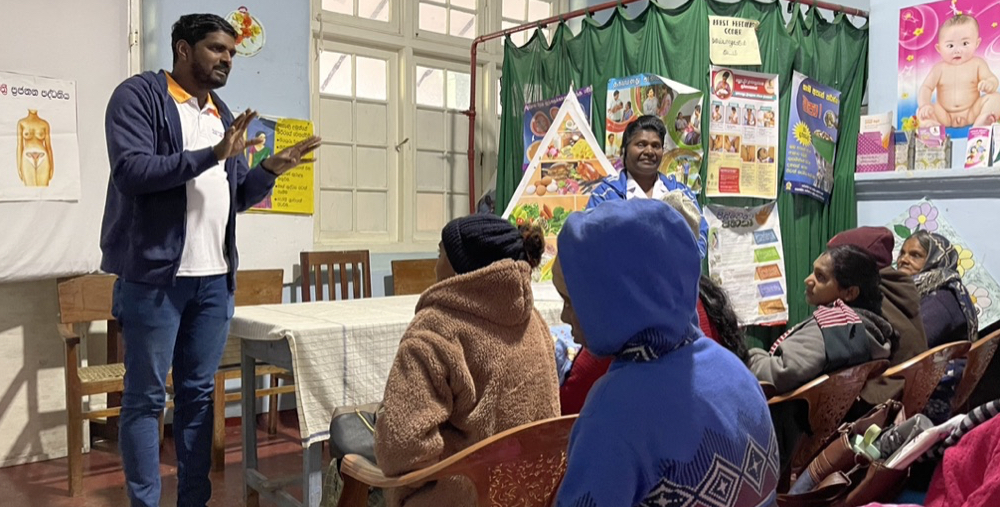 |
|
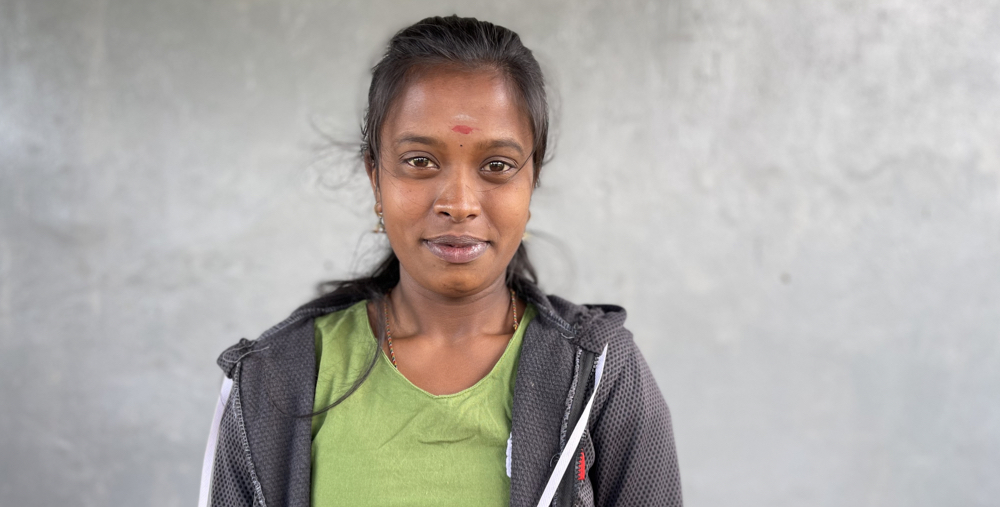 |
|
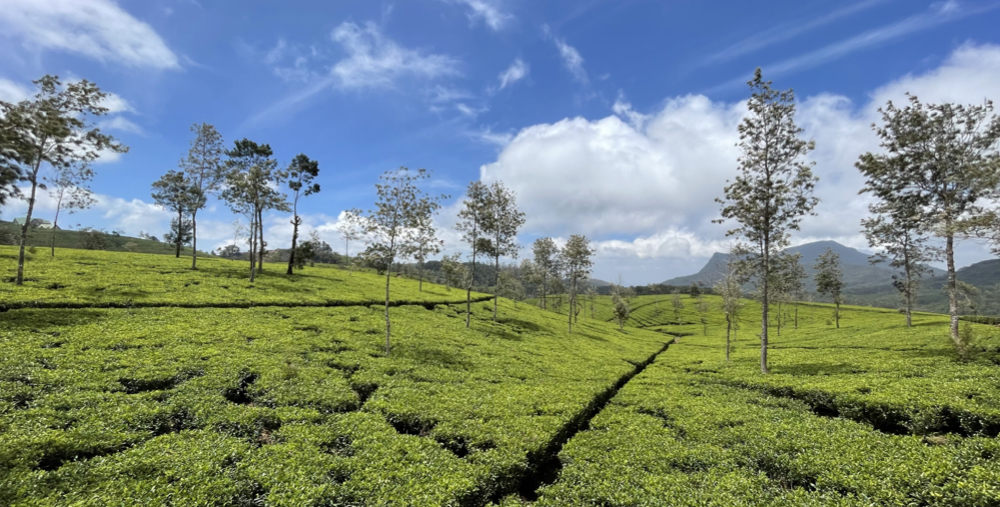 |
Afghanistan: Rajina Noori is a volunteer at the Afghan Family Guidance Association. She is part of a project that invites young people into the UNFPA supply chain - Last Mile Assurance to deliver life-saving supplies and medicines, equipping hospitals and clinics so they can deliver essential health services for women and girls. Rajina moves between health centres and warehouses to make sure women are able to access a variety of birth spacing methods as well as supplies for safe pregnancy and birth. READ MORE
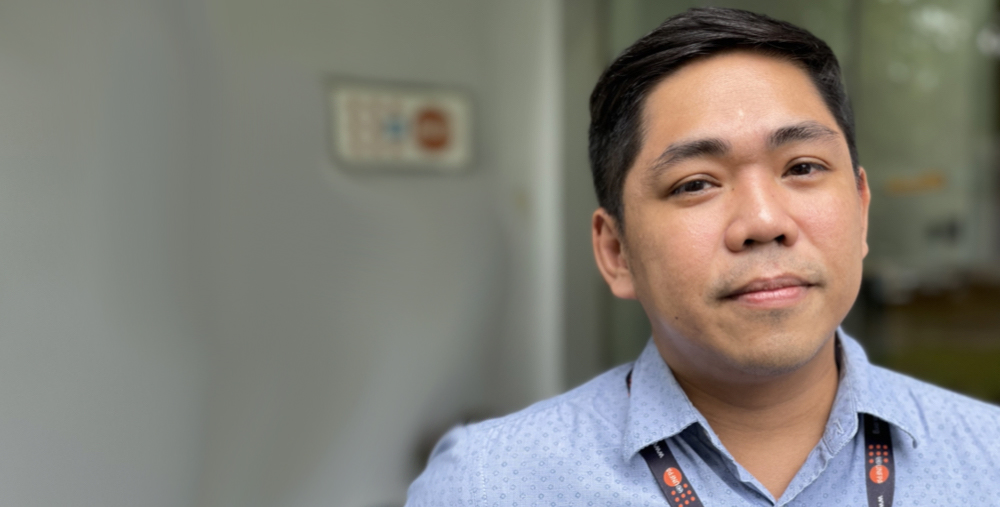
Sri Lanka: “You need to think in a multi-year timeline” says John Ryan Buenaventura. “Humanitarians usually focus on six months. A model moving forward needs to think about connecting development preparedness, humanitarian readiness, and immediate action.”
John is a Humanitarian Development Nexus Specialist. He has worked in multiple humanitarian responses in the Philippines, from Haiyan to Odette. He is now part of the humanitarian team in Sri Lanka to expand a focus on the humanitarian, development, and peace nexus. “It is not just supplies pre-positioning, it is people's pre-positioning capacity. These are all elements of an effective response. We need to think holistically: individual capacity, institutional capacity, how it contributes to readiness to handle emergencies.”
John says each country has a different approach and that needs to be contextualised. “Even the supplies themselves,” he says. “There is no single dignity kit, in each country, it needs to be contextualised. We are living in a system, we are not living in silo,” John says. “For something to operate well, for technologies proven in other countries to be successful you also need to contextualise all of those things.“
His focus is on how to sustain development efforts and connect the dots with humanitarian preparedness. “You really need to have the right capacity, the right people, the right technology, and the right policies. You also need the right partners because without them this will never be a success.”
John says more needs to be done to empower partners on the nexus. “We need to ask ‘How can we enable our project to contribute further to building peace?’”
‘How can we enable our project to contribute further to building peace?’
- John Ryan Buenaventura
Indonesia: Elisabeth Sidabutar is the Humanitarian Programme Analyst of UNFPA Indonesia. When a magnitude 5.6 earthquake hit Cianjur in November 2022, ‘Ibeth’ and her community of fellow humanitarians went into action. Within 24 hours, in collaboration with the government, they set up a tent staffed with qualified midwives providing reproductive health services and created a network to deliver sexual and reproductive health services for women and girls displaced by the emergency. ©UNFPA Indonesia/Sidabutar READ MORE
“We were able to implement so fast because we were ready”
-Elisabeth Sidabutar
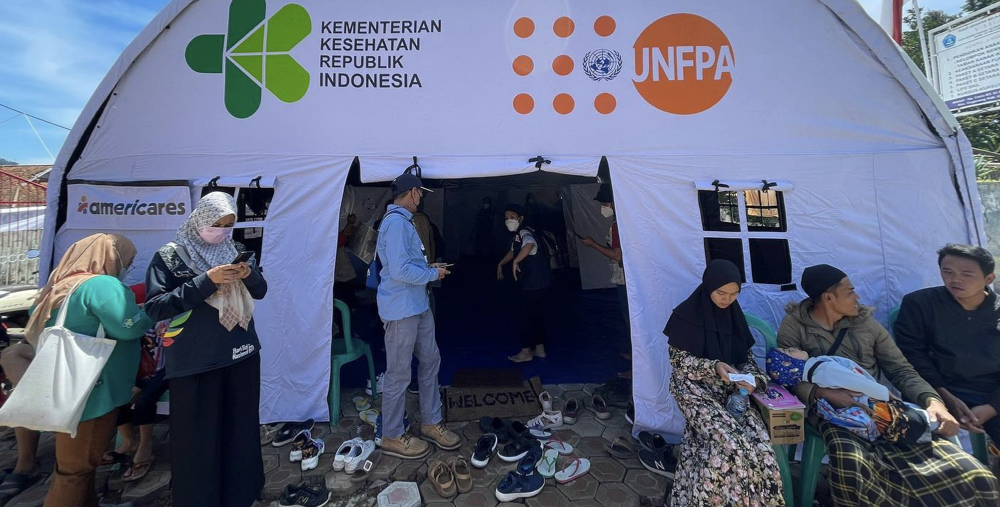 |
|
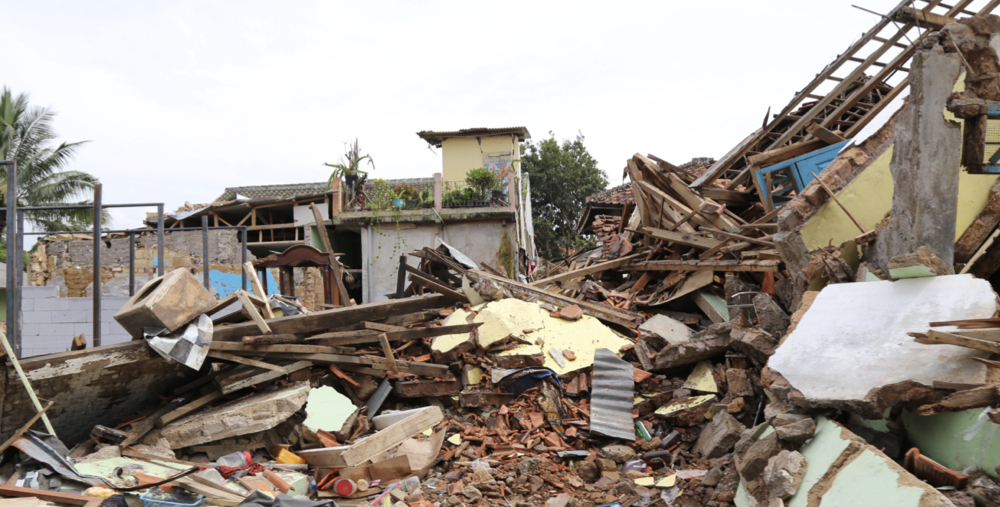 |
|
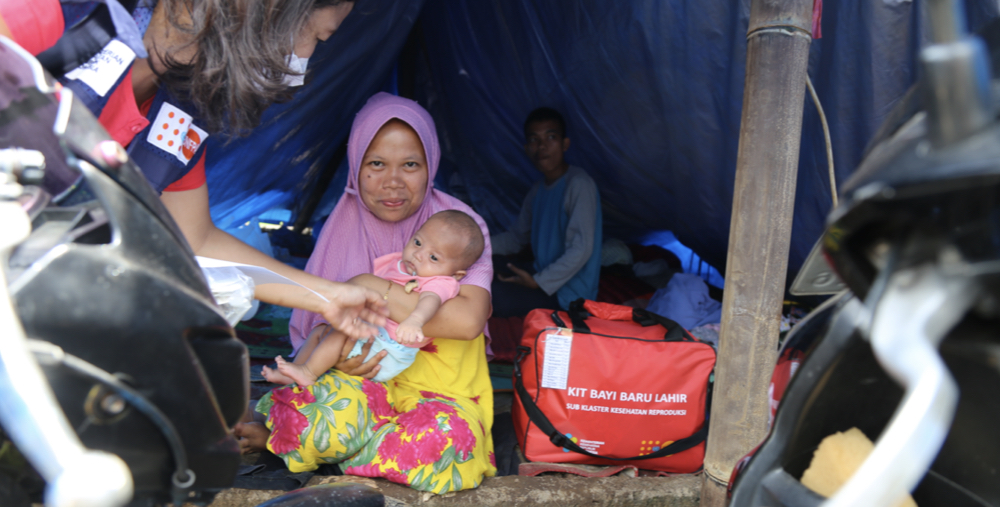 |
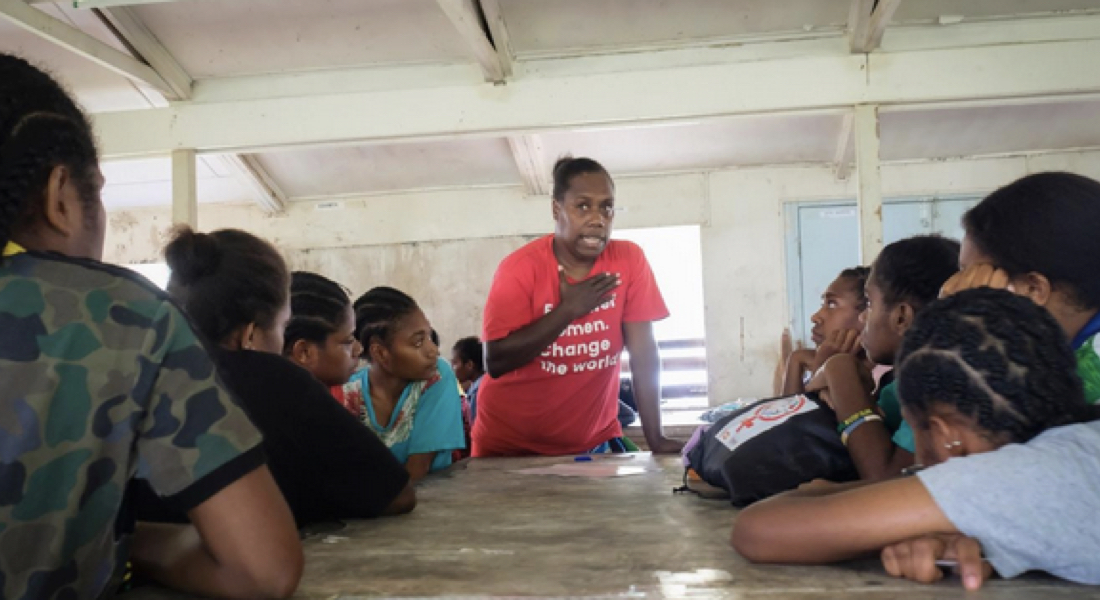
Vanuatu: Lizzie Molli works with ActionAid as a Livelihood Coordinator, She leads awareness sessions covering topics like menstrual health and hygiene, sexual and reproductive health and rights, and gender-based violence. “Empowering women in Vanuatu, especially in emergencies, is my driving passion,” she says. During the session, UNFPA distributed menstrual hygiene management kits to the students. It was part of a wider distribution, providing 3,200 dignity kits to women and girls across Vanuatu, addressing urgent needs after tropical cyclones Judy and Kevin devastated the country in March 2023. ©UNFPA/David Palazón READ MORE
“Empowering women in Vanuatu, especially in emergencies, is my driving passion.”
-Lizzie Molli
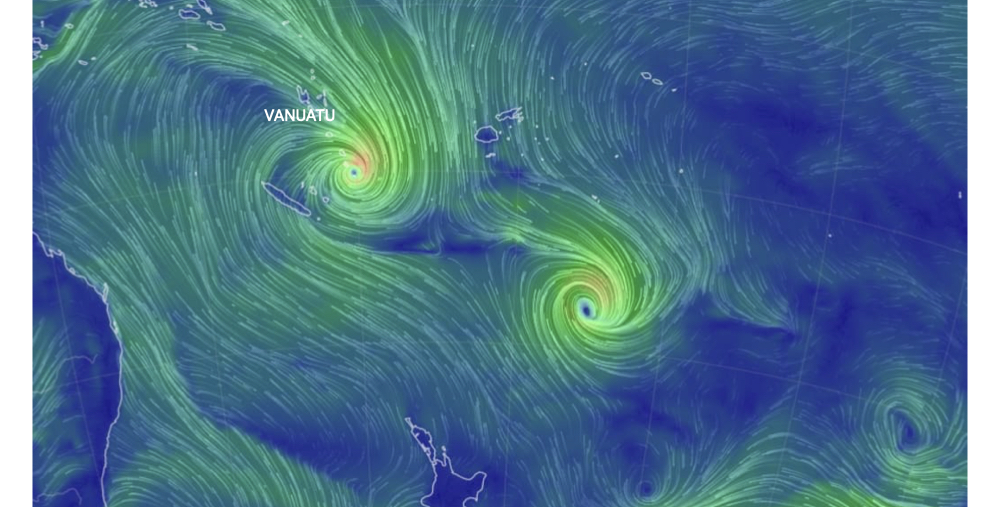 |
|
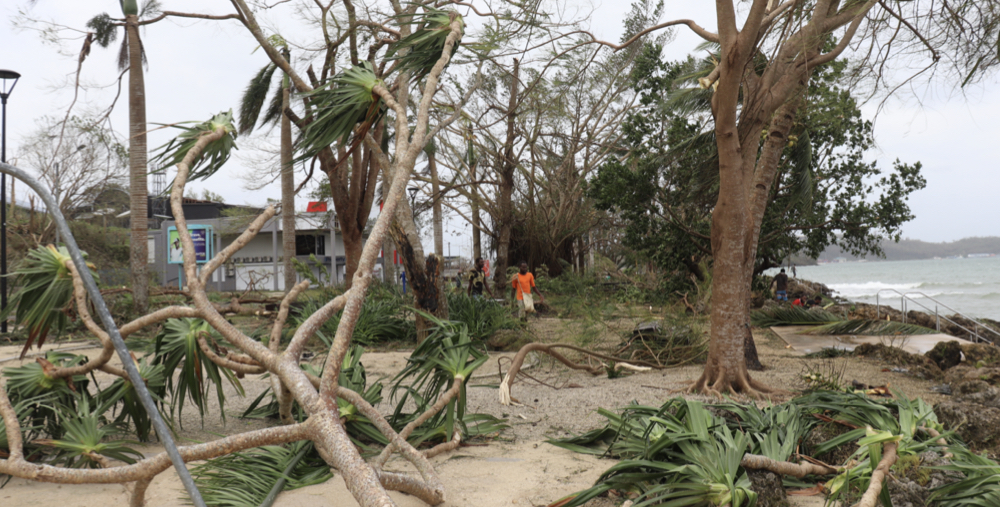 |
|
These humanitarians are supported by funds from the Australian government.
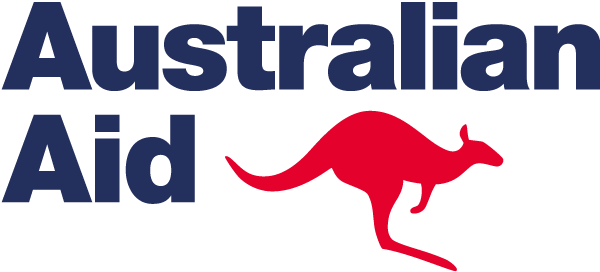
Learn more
The Regional Prepositioning Initiative
Dignity & Disasters: a regional advocacy campaign calling for collective efforts to protect fundamental rights threatened by the impacts of the climate crisis.
Minimum Initial Service Package - The minimum, life-saving sexual and reproductive health needs that humanitarians must address at onset of an emergency
GBV Area of Responsibility brings together non-governmental organisations, UN agencies, academics and others under the shared objective of ensuring life-saving, predictable, accountable and effective GBV prevention, risk mitigation and response in emergencies, both natural disaster and conflict-related humanitarian contexts)
United Nations Office for the Coordination of Humanitarian Affairs

